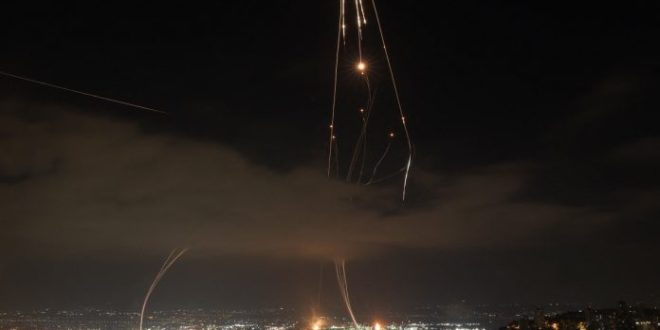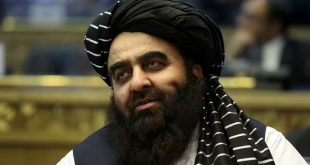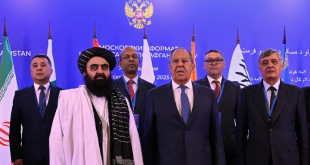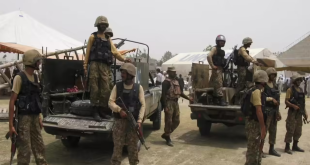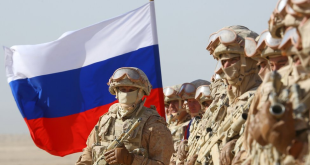AT Kabul: On the fifth day of escalating hostilities between Iran and Israel, Iran’s Islamic Revolutionary Guard Corps (IRGC) announced the launch of a new, more powerful wave of missile attacks targeting Israel. In a statement released Tuesday, the IRGC’s Aerospace Force confirmed the strikes, describing them as “stronger and more crushing than before.” Iranian media also quoted Army Ground Forces Commander Kioumars Heydari, who warned that attacks would intensify in the coming hours.
Earlier this morning, around 20 missiles were reportedly fired from Iran toward Israeli territory. According to the Israeli military, most were intercepted by the country’s advanced air defense systems. However, the renewed missile barrage prompted immediate emergency alerts across multiple regions, including Tel Aviv and Haifa, with authorities urging civilians to take shelter.
Iranian officials claim the attacks are a direct response to Israel’s recent airstrikes on Iranian military and nuclear facilities, including the sensitive Natanz site. Iranian Foreign Minister Abbas Araghchi reiterated Tehran’s stance that it will deliver a decisive response to any form of military aggression.
The conflict has already resulted in hundreds of casualties on both sides and raised alarm over the possibility of a broader regional war. Amid the intensifying crisis, 21 Arab and Muslim nations issued a joint statement condemning Israel’s strikes on Iranian soil, calling for immediate de-escalation, respect for international law, and a non-selective approach to nuclear disarmament.
The statement, initiated by Egyptian Foreign Minister Badr Abdelatty, was backed by countries including Egypt, Saudi Arabia, Turkey, Pakistan, Jordan, and the UAE. The foreign ministers denounced the Israeli attacks as violations of international law and the UN Charter, emphasizing the need to preserve national sovereignty and territorial integrity. They urged all parties to commit to peaceful dialogue and a comprehensive ceasefire.
As humanitarian concerns grow and the threat of a wider war looms, international calls for diplomatic intervention have intensified. The scale and pace of the violence have raised fears that the conflict could engulf the entire Middle East unless urgent steps are taken to de-escalate tensions and broker peace.
 Afghanistan Times Latest News and Analysis from Afghanistan and the Region
Afghanistan Times Latest News and Analysis from Afghanistan and the Region
